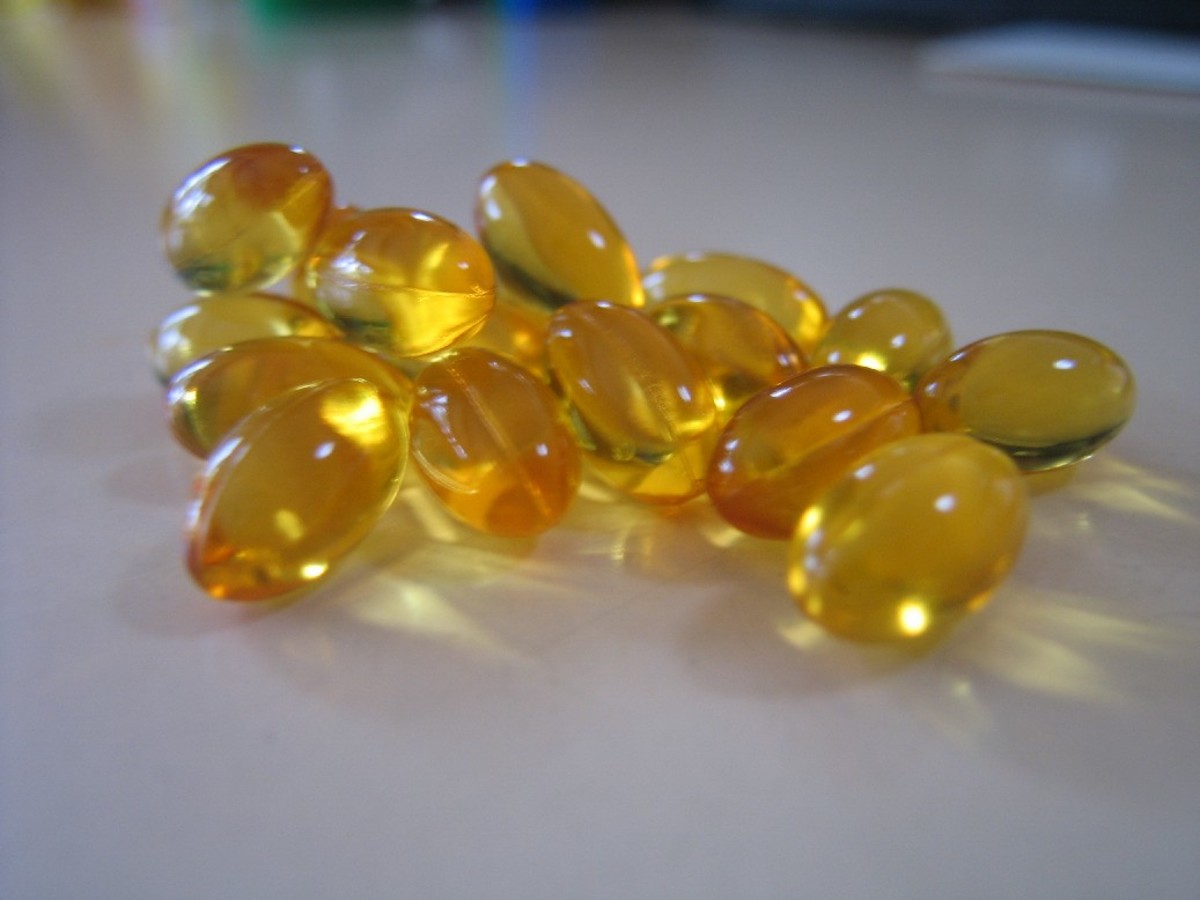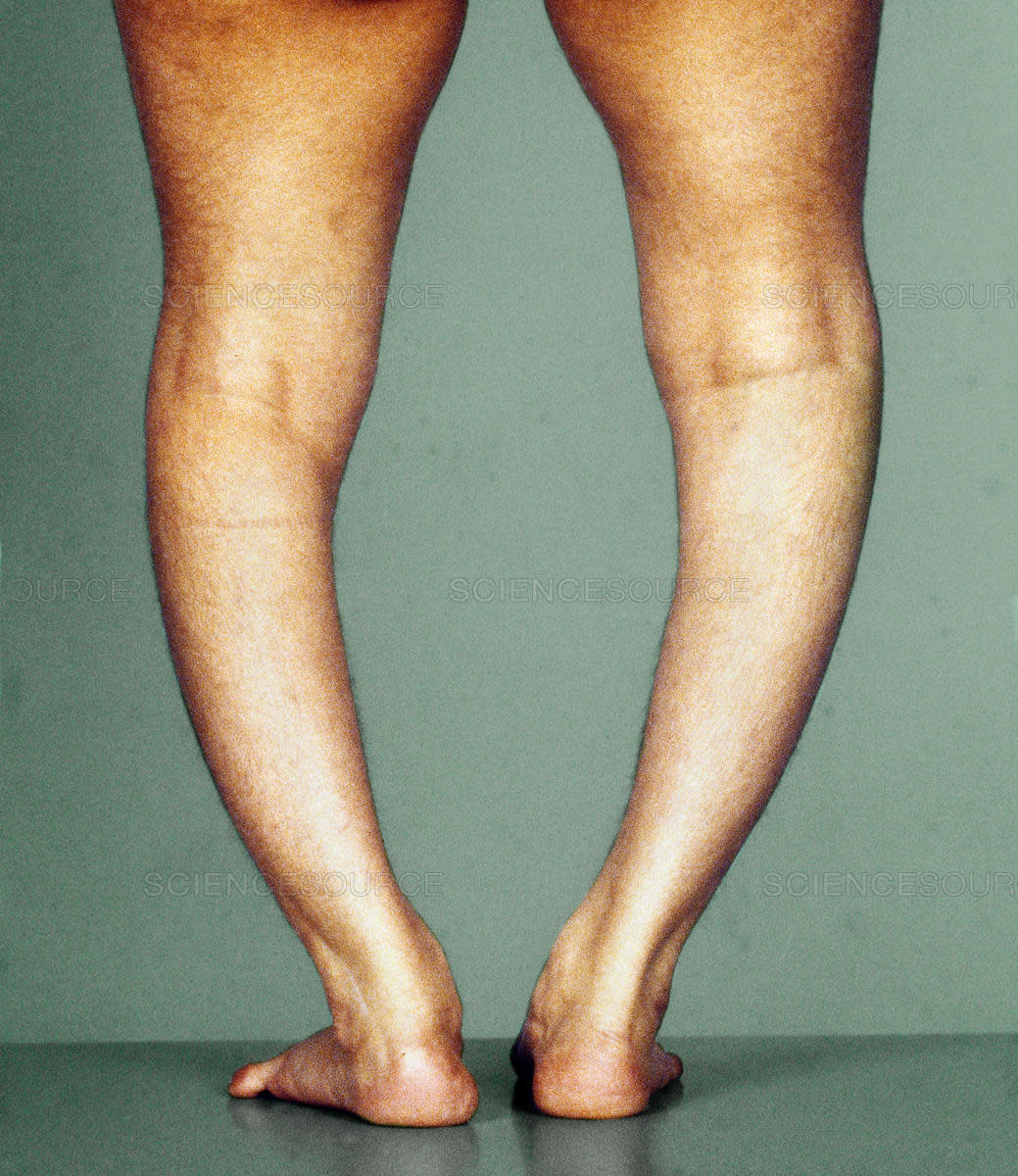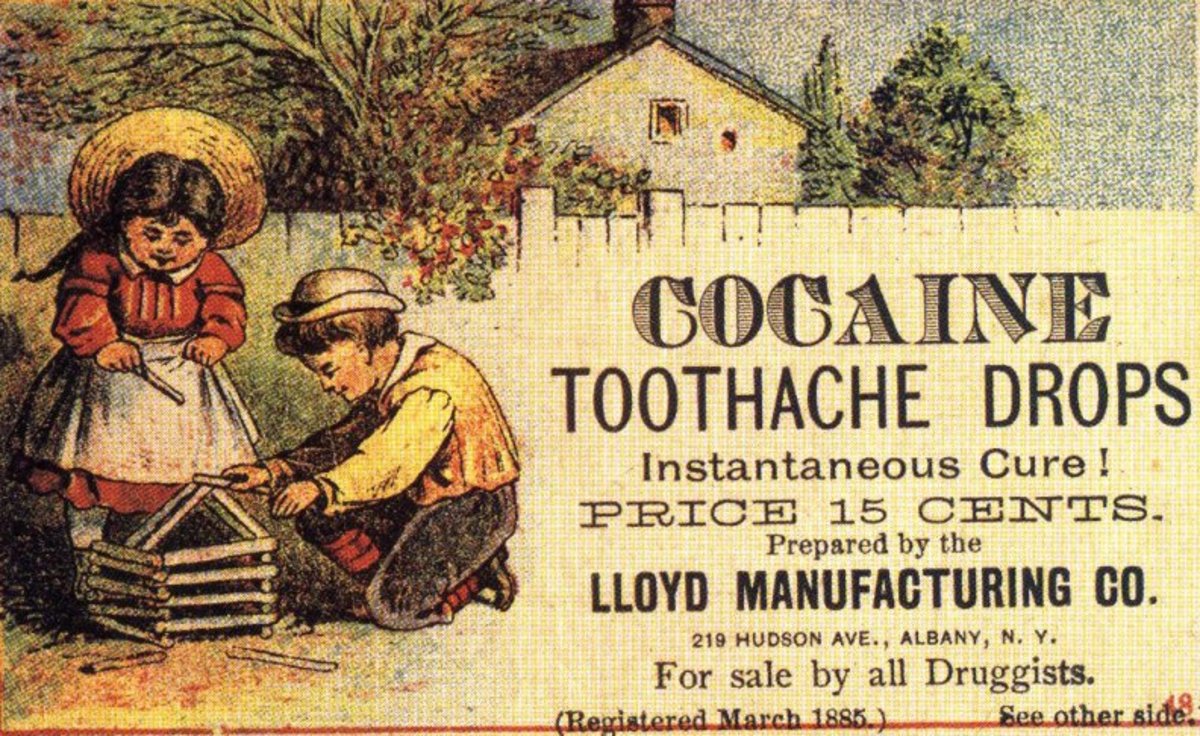Vitamin D Deficiency Epidemic

Vitamin D3 Deficiency Epidemic Can Be Deadly
Amazingly, tens of millions of people are at risk of serious and deadly diseases from vitamin D3 deficiency, leading researchers to call this deficiency an epidemic. Neither vitamin nor hormone, Vitamin D is a pro-hormone that is synthesized in the skin when exposed to sunlight. However, most of us get too little direct, unfiltered sunlight for this to happen. Another problem is believing there is enough Vitamin D in milk. Not even close! In northern latitudes the best exposure is early and mid summer when the sun's rays are directly overhead, on bare skin, with no sunscreen and for at least 40 minutes every day. Color and age of skin also make a difference in synthesis.
Besides promoting healthy bones and teeth, scientists have recently discovered that vitamin D controls the immune system. Two new studies through the University of California, San Diego, report that higher levels of D are needed to cut breast and colon cancer risk. More than twenty-five years of research suggests that correcting vitamin D deficiency can avert colon cancer, saving about 56,000 lives a year. A study of 1,954 men found that those with the lowest vitamin D intake had more than double the risk of colon cancer compared to men with the highest intake. Interestingly, northern latitudes also have a greater risk of multiple sclerosis, osteoporosis, certain other cancers and diabetes. And more studies continue to link higher levels of D3 to prevent cancer. A level of 80 to 100 is preferred with doctors and naturopaths who understand the link between higher levels of D3 and the immune system. They know that a level of 100 is not toxic, as some believe.
Vitamin D's strong relationship to calcium in the prevention of cancer continues. A large trial in 2003 demonstrated this with 803 people with previous colorectal adenomas, which can lead to cancer if they recur. Some were given calcium and some placebo, to measure recurrence. People with calcium supplementation reduced the risk of recurrence by 20 percent in those with normal D levels.

Prevention and Cure
Research also shows that vitamin D prevents breast cell proliferation and even helps differentiation of cells into normal healthy tissue. Data strongly connects low vitamin D levels in 16 different types of cancers. Evidence shows that breast and other cancers are lower in populations with more sun exposure and/or a higher intake of vitamin D supplementation. People who live closer to the equator also have fewer flu and colds. Many conventional prostate cancer drugs impair androgen function (male hormones), so the connection between prostate cancer and vitamin D is great news.
Research on vitamin D also shows promise regarding heart failure, the leading cause of death in industrialized nations. Vitamin D, in combination with Co-enzyme Q10, B vitamins and other antioxidants, has shown to reduce harmful inflammation, which can cause heart failure, heart attacks and atherosclerosis. C-reactive protein measures chronic inflammation and is a better indicator of heart attack, heart failure and stroke than cholesterol readings.
Mental Ilness and SAD
A 2004 study from Finland showed that the risk of developing schizophrenia in adult men was greatly increased in those who had never had Vitamin D supplementation as infants, compared to those who had at least some supplementation. Even depression is shown to be helped with Vitamin D supplementation. D deficiency is also common in dependency and addiction.
Many people suffer from Seasonal Affective Disorder or SAD, a feeling of depression associated with lack of sunlight. A common theme during fall and winter is, " I get up when it's dark and get out of work when it's dark." These short days really deprive us of the sunlight we need. Just 2000 IU (International Unites) per day can make a difference in how you feel during this time, though we recommend 5000 IU for most others. During studies on SAD some people received just a single dose of 100,00 IU of D and some received one month of light therapy. None of the people who had light therapy showed improvement. All of those who had vitamin D supplementation showed major improvement in their depression scores.

Flu and H1N1
More than ever before we know that vitamin D is imperative for a strong immune system. Common theory among scientists now is that vitamin D levels diminish over the winter months, which increases susceptibility to influenza. In another study patients who were supplemented with vitamin D were completely protected against the infection, even when living with people who had the flu. Influenza season can be more dangerous for small children and the elderly. There is a lot of fear of the H1N1, or swine flu. It is not the flu itself that kills people but from the upper respiratory effects from the illness. If our immune system is strong, it will fight illness. Yearly immunizations target a only a particular flu, whereas a strong, healthy immune system protects us from any foreign invader. A common belief is that getting colds and flu during the winter months is because people are indoors more and spread illnesses through close contact. However, in addition to preventing autoimmune diseases and cancer, scientists are now finding that those who get the flu are deficient in vitamin D.
Anyone born after the 70's, the last time H1N1, broke out, may not have immunity to the swine flu and may benefit from the vaccine, especially those with upper respiratory diseases. However, a healthy D level is particularly important for this group and they should be tested.
Reduce Stress; Meditate Daily

What You Can Do To Strengthen Your Immunity
Bad stress versus positive stress. Good stress might be a new home, graduation, or paying for the graduation party, job promotion, etc. Bad stress is the "perception of no control." Too much stress compromises the immune system, as will poor diet, obesity, sleep disturbances and other excess stresses in life. Exercise and meditation are only two of many ways to reduce negative effects of stress.
The Institute of Medicine recommends a simple blood test. Severely deficient people need a temporary therapeutic dose. For others, a minimum of 5000 IU per day or 50,000 IU of D3 is good, depending on where you live. The RDA recommended daily allowance on all supplements is ridiculously low and based on poor science. What you get in a multi-vitamin is far too little to do much of anything.
Circulating 25-hydroxyvitamin D levels indicative of vitamin D sufficiency: implications for establishing a new effective dietary intake recommendation for vita
- http://search.lef.org/cgi-src-bin/MsmGo.exe?grab_id=0&page_id=4561&query=vitamin%20d%20defic
Great journal abstracts on studies on vitamin D. Life Extension is a non-profit scientific studies reporting journal.
Save your life with vitamin D
Vitamin D And Breast Cancer Survival
- Vitamin D increases breast cancer patient survival, study shows
Breast cancer patients with high levels of vitamin D in their blood are twice as likely to survive the disease as women with low levels of this nutrient, report researchers. - Vitamin D Council | Understanding Vitamin D Cholecalciferol
Vitamin D Council is a nonprofit organization whose mission is to increase public and professional awareness of the health benefits of vitamin D and to end the global epidemic of vitamin D deficiency.








